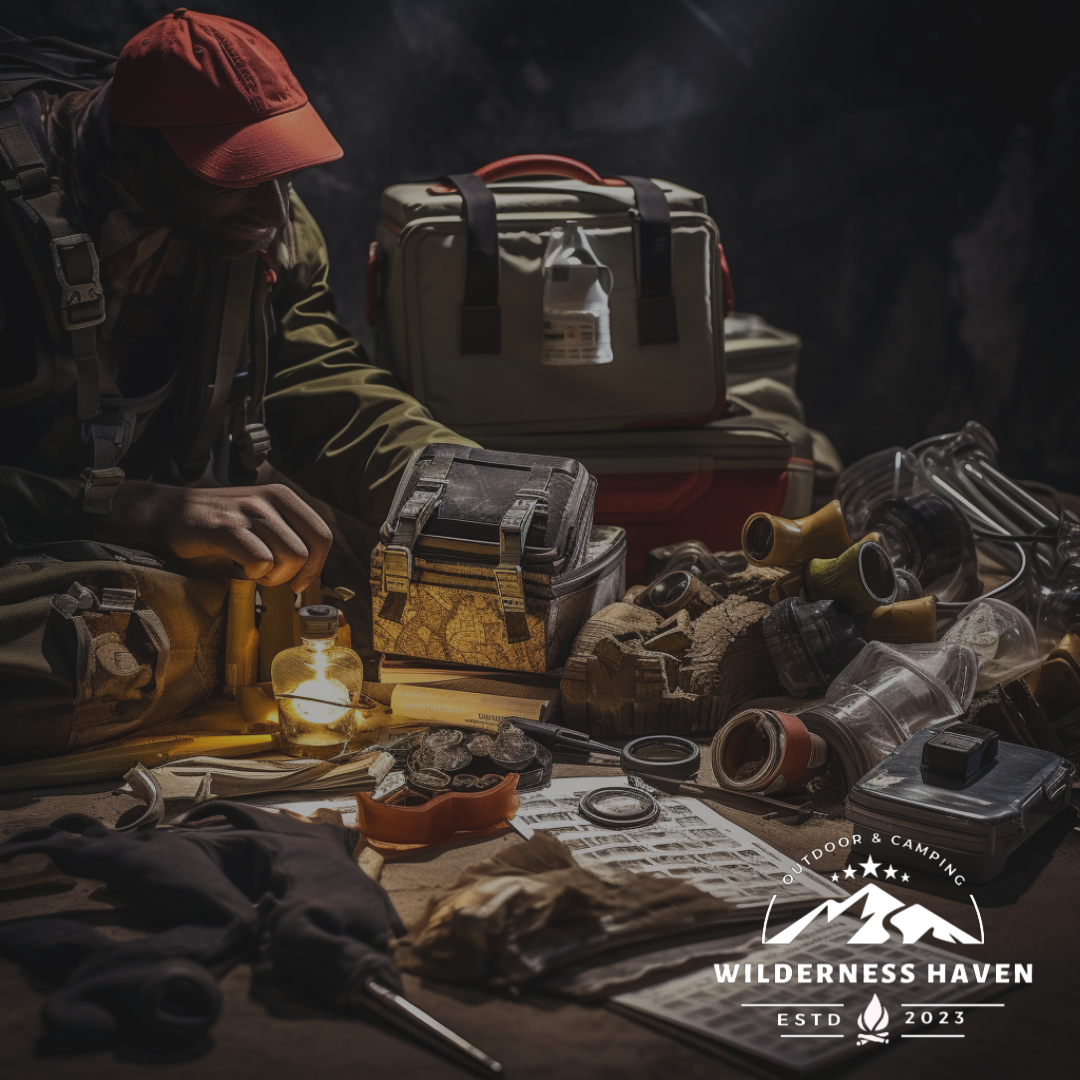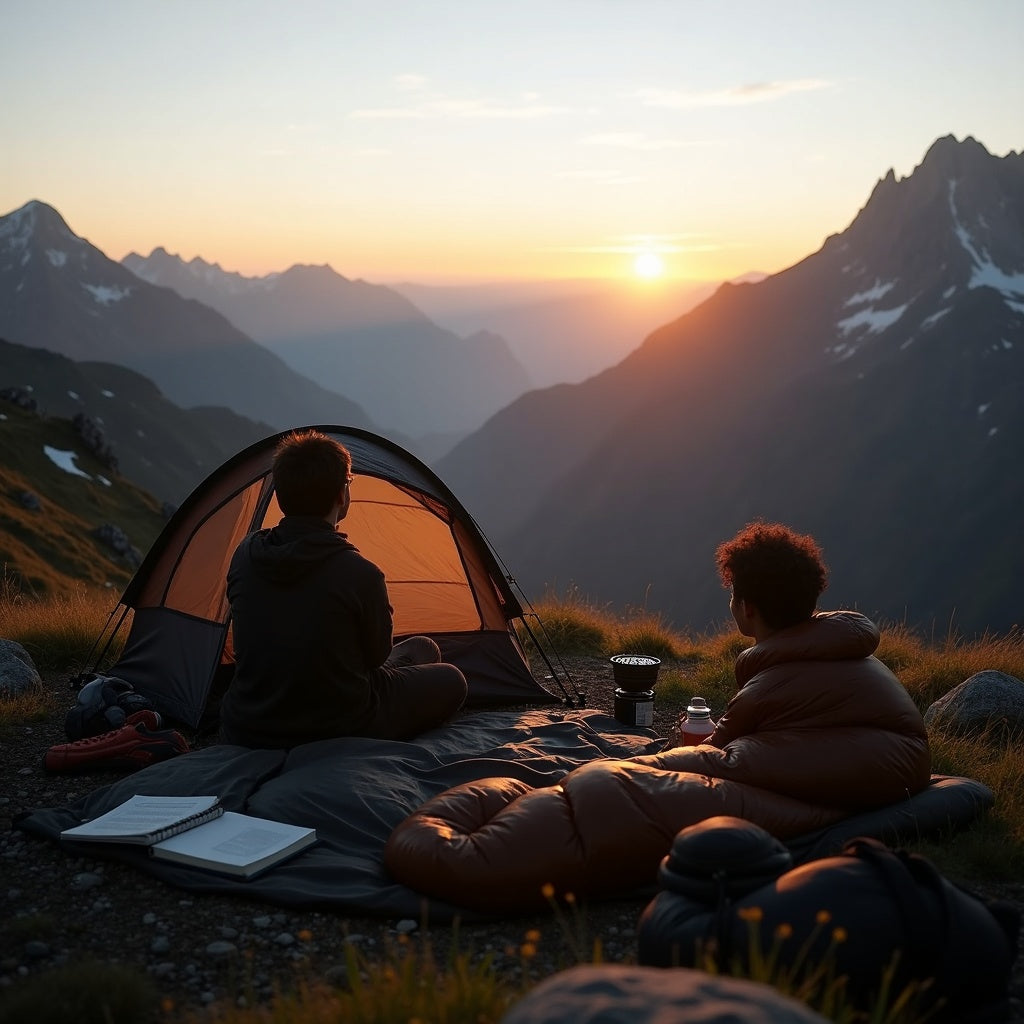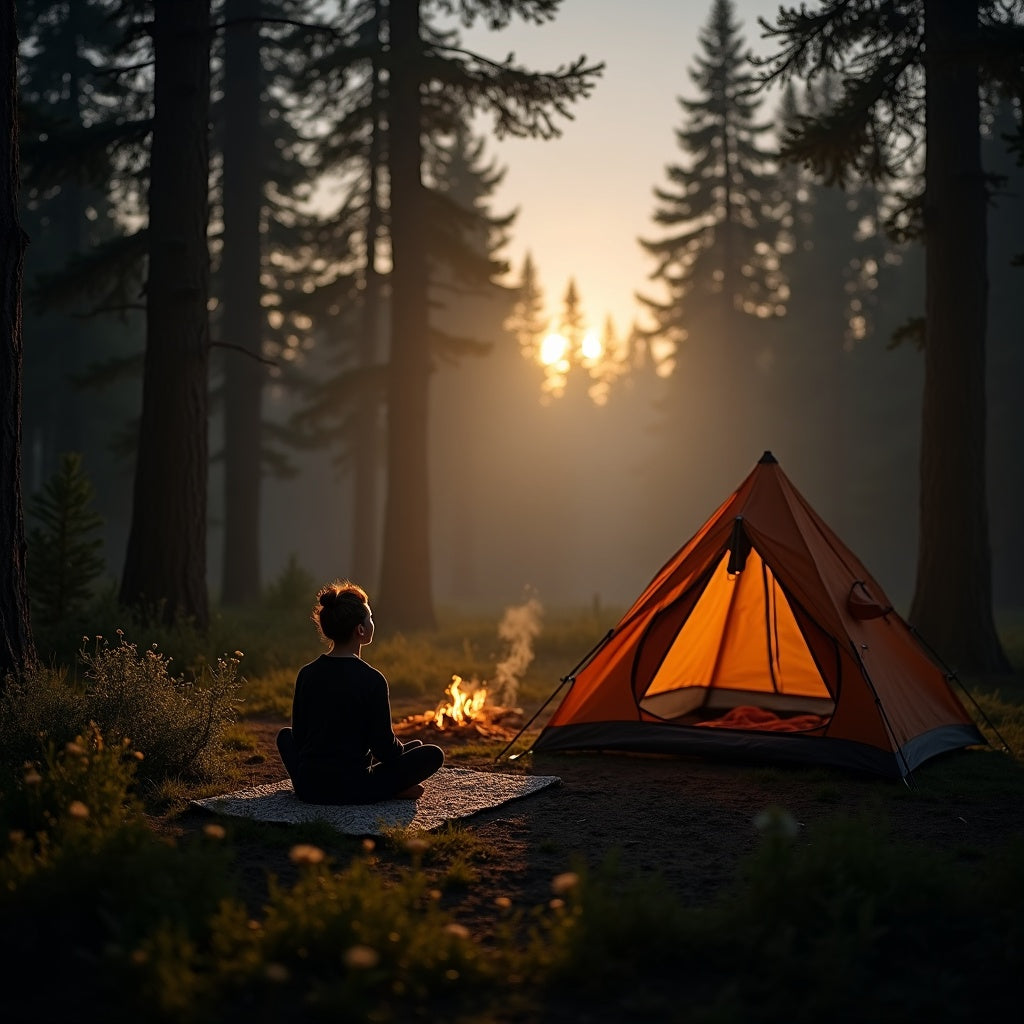Camping is an exhilarating adventure, but it's important to remember that unexpected emergencies can happen even in the great outdoors. Being prepared with essential survival skills can make a crucial difference in ensuring your safety and well-being during an emergency situation. In this blog post, we'll explore some important survival skills to have in your camping toolkit.
- Navigation Skills
Knowing how to navigate in the wilderness is a fundamental survival skill. Carry a map and compass, and learn how to use them effectively. GPS devices and smartphone apps can be helpful, but they should not be your sole reliance, as they may fail in remote areas.
- Building Shelter
In adverse weather conditions or if you become lost, the ability to build a shelter is vital. Learn how to construct a simple tarp shelter, use natural materials like branches and leaves, or create an emergency lean-to to protect yourself from the elements.
- Fire-Making Skills
Fire provides warmth, a source of light, and the ability to cook food. Carry waterproof matches, a fire starter, or a reliable lighter in your camping gear. Additionally, learn how to build a fire using primitive methods like the bow drill or firesteel in case your modern tools fail.
- Water Procurement
Water is essential for survival. Learn how to find, filter, and purify water from natural sources. Carrying a portable water filter or purification tablets can be a lifesaver, but it's crucial to have backup methods such as boiling or using a solar still.
- First Aid and Medical Knowledge
Pack a well-equipped first aid kit and have basic knowledge of how to treat common camping injuries such as cuts, burns, and insect stings. Additionally, learn how to recognize and respond to more serious medical emergencies like hypothermia, heatstroke, or snake bites.
- Food Procurement and Foraging
While you should always carry enough food for your trip, it's essential to know how to procure food in the wild if necessary. Learn how to identify edible plants, catch fish, or set traps for small game.
- Signaling for Help
In the event you're lost or injured, knowing how to signal for help can be a lifesaver. Carry a whistle, signal mirror, or a flashlight with an SOS function. Learn Morse code or other recognized distress signals.
- Wildlife Safety
Understanding how to coexist with wildlife and protect yourself is crucial. Know how to use bear canisters to store food, how to make noise to deter wildlife, and what to do if you encounter aggressive animals. Prevention is key to wildlife safety.
- Stay Calm and Make a Plan
In any emergency situation, staying calm is paramount. Panic can cloud your judgment. Assess the situation, make a plan, and prioritize your needs for survival: shelter, water, fire, and food.
- Tell Someone Your Plans
Before heading into the wilderness, always inform someone you trust of your camping plans, including your expected return date. This way, if you don't return on time, they can alert authorities and initiate a search.
Remember that emergencies can happen unexpectedly, and preparation is your best defense. By acquiring and practicing these survival skills, you'll be better equipped to handle unexpected situations and ensure your safety while enjoying the great outdoors.






